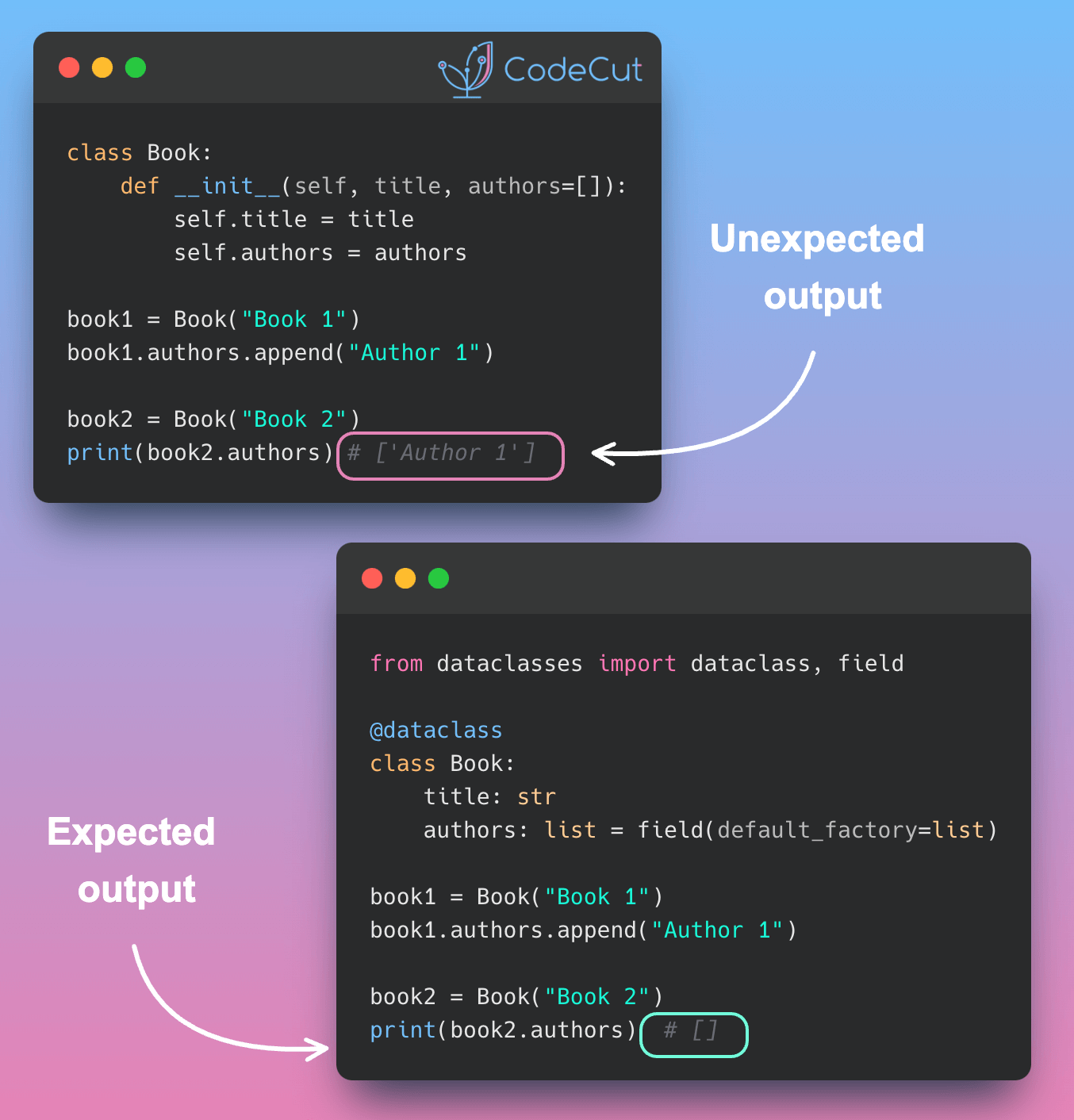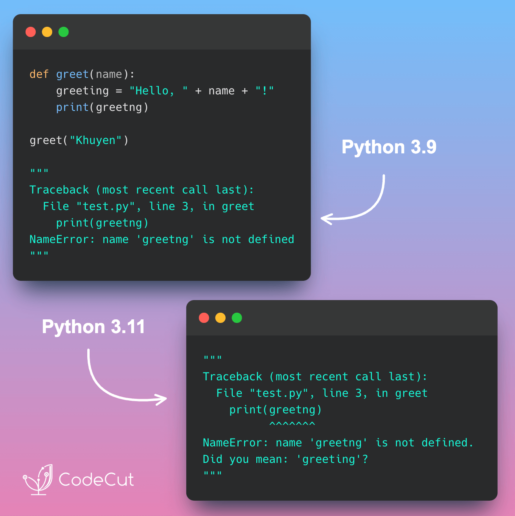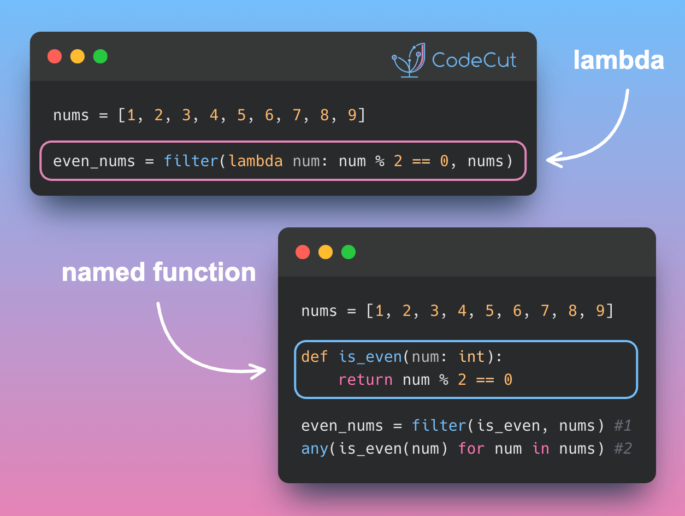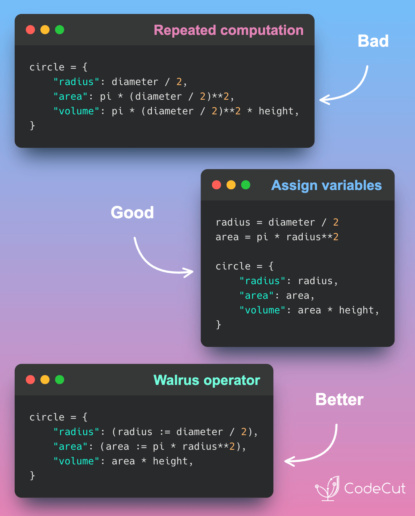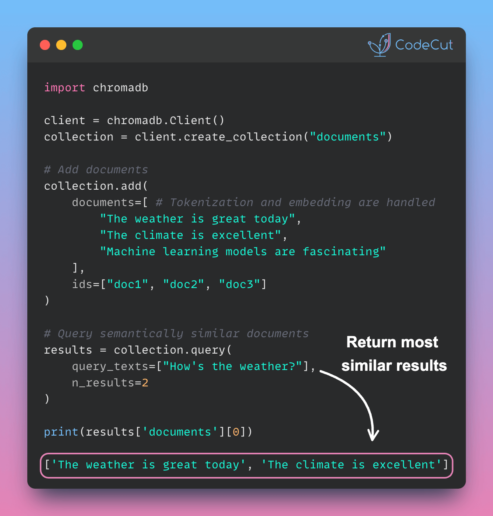When defining classes in Python, using mutable default values for instance variables can lead to unexpected behavior.
For example, if you use a list as a default value in a class’s __init__ method, all instances of the class will share the same list object:
class Book:
def __init__(self, title, authors=[]):
self.title = title
self.authors = authors
book1 = Book("Book 1")
book1.authors.append("Author 1")
book2 = Book("Book 2")
print(book2.authors)['Author 1']In this example, book1 and book2 share the same list object, which is why modifying the list in book1 affects book2.
To avoid this issue, you can use the default_factory parameter in dataclasses, which creates a new object for each instance:
from dataclasses import dataclass, field
@dataclass
class Book:
title: str
authors: list = field(default_factory=list)
book1 = Book("Book 1")
book1.authors.append("Author 1")
book2 = Book("Book 2")
print(book2.authors) # Output: [][]Now, each instance has its own separate list object, and modifying one instance’s list does not affect others.
